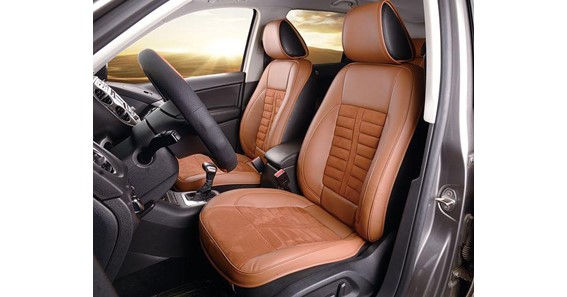Insurance is a requirement for vehicle owners. Commercial vehicles require protection from damages and liabilities resulting from business use. It is prudent to have insurance policies that cover all possible risks.
This blog helps you choose an insurance policy fit for your business model, type of vehicle, and affordability. You can utilize the following tips to select a policy that gives you comprehensive coverage.
Here are five tips to help you choose the right commercial vehicle insurance policy.
1. Evaluate Your Business Needs
What is your business model, and do you have specific requirements? Do you use your vehicle for business purposes only, or is it also used for personal use? Sometimes, it is inevitable to use it for business and individual needs. However, you need to disclose this to your insurer.
Some insurers will exclude certain risks if you use your vehicle only for business purposes. Others will insist on including them. It is necessary to understand your business needs and what the insurer offers.
Some risks that you may need to consider include:
– Third-party liability
– Collision or comprehensive damage
– Fire and theft
– Personal accident cover
Also, consider the value of your vehicle and the possibility of it being stolen. If you are transporting high-value goods, you may need extra coverage. If your business involves public transportation services, you need to learn more about fleet auto insurance.
Depending on your business requirements, you can get a policy covering third-party liability only or a comprehensive one with all the risks involved. Remember that the more coverage you get, the higher your premiums are.
2 Consider if You Hire Vehicles
It is common for businesses or employees to hire vehicles from other companies for logistics or other purposes. In case this is the case in your business, you need to ensure that your insurance policy covers hired cars.
Some insurers will exclude hired vehicles from their policies. Others will include them but at an additional cost. Yet other companies demand that you take out a separate cover for third-party cars. Understand the implications of this before you purchase an insurance policy.
3. What Are the Deductibles?
A deductible is an amount you have to pay before the insurance company starts to pay out on a claim. The higher the deductible, the lower your premiums will be. However, you need to be able to pay the deductible in the event of a claim. If you cannot afford the deductible, the policy may not fit you.
You must ask for this information before signing a contract with an insurance company. Also, find out if the deductible is per claim or policy. Some insurers will have a single deductible that applies to the entire policy. Others may have different deductibles for different types of claims.
Understand the implications of the deductible before you purchase an insurance policy. If you find that the deductible is too high, you can negotiate with the insurer or look for a policy with a lower deductible.
3. Company Reputation
A deductible is one of the amounts you have to pay before the insurance company starts to pay out on a claim. The higher your deductible amount, the lower the premiums will be. However, you need to be able to pay the deductible in the event of a claim. If you cannot afford the deductible, the policy may not fit you.
You must ask for this information before signing a contract with an insurance company. Also, find out if the deductible is per claim or policy. Some insurers will have a single deductible that applies to the entire policy. Others may have different deductibles for different types of claims.
Understand the implications of the deductible before you purchase an insurance policy. If you find that the deductible is too high, you can negotiate with the insurer or look for policies with a lower deductible.
4. Ability to Transfer Coverage
What happens if you sell the car you insured or the business needs change? Some insurance companies will allow you to transfer your coverage to the new vehicle or business. However, others will not.
If you think you may need to transfer your coverage in the future, check with the insurer before you purchase the policy. This way, you can be sure that you will not have any problems down the road.
5. Your Budget
How much can you afford to spend on commercial vehicle insurance? Premiums can vary widely. Get quotes from several companies before you pick an ideal insurer. You do not want a situation where you cannot meet your financial obligations in case of an accident.
It is okay to look for an affordable insurance company. But remember that insurance premiums vary according to the extent of coverage you receive. Ensure you get the best value for your money by looking at the cover and not just the price.
Summar
Auto insurance is a must for any business that owns vehicles. Finding the right policy will give you peace of mind and protect your finances in case of an accident. Avoid making insurance mistakes and use these tips to choose the right commercial vehicle insurance policy for your business.







